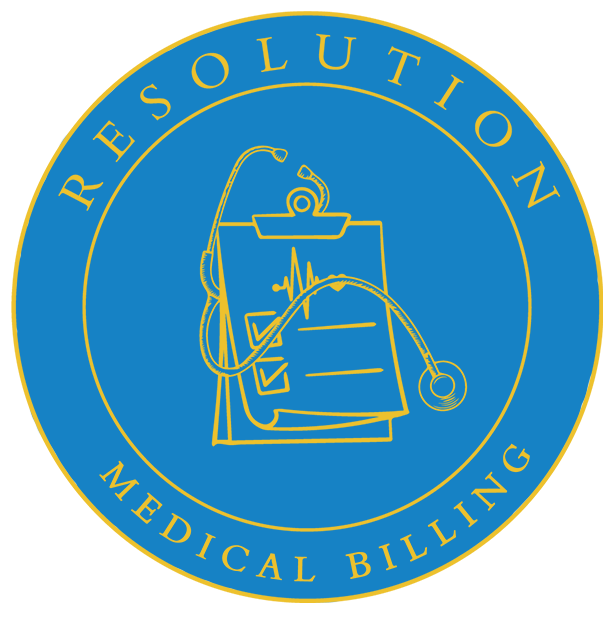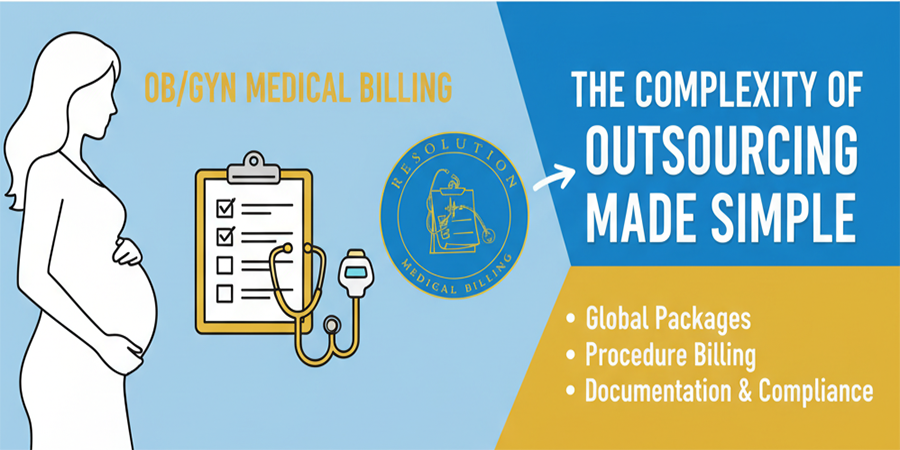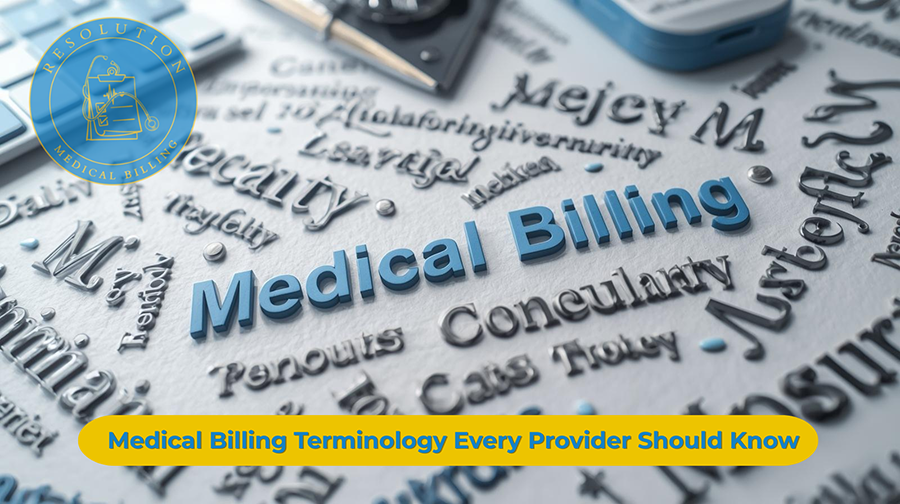Endocrinology medical billing is a specialized revenue process that requires precision, up-to-date knowledge, and a deep understanding of both coding and payer
requirements. From diabetes and thyroid disorders to adrenal and pituitary gland issues, endocrinology practices face unique billing challenges that can directly impact revenue and compliance. As endocrine conditions become more prevalent, mastering the complexities of billing in this specialty is crucial for both compliance and financial stability.
This guide breaks down the best practices to help healthcare providers and billing professionals streamline the process, reduce denials, and maintain a healthy revenue cycle, all while keeping quality patient care at the highest priority.
Why Endocrinology Billing is Complex
Unlike more generalized medical fields, endocrinology often involves:
- Frequent diagnostic testing such as hormone assays, glucose tolerance tests, and thyroid panels.
- Specialized imaging studies including ultrasound, MRI, and nuclear medicine scans for adrenal and pituitary glands.
- Chronic care management for lifelong conditions like diabetes or hypothyroidism, which require regular follow-up visits.
- Each of these services requires correct CPT and ICD-10 coding to demonstrate medical necessity and secure payment. Even small coding mistakes such as omitting a modifier or using an outdated code can result in claim rejections, delayed payments, or audit flags.
Listed below are common CPT codes and modifiers that are commonly used when billing for diagnostic services and treatment in Endocrinology:
- CPT 82947 – Glucose, quantitative, blood
- CPT 84443 – Thyroid stimulating hormone (TSH)
- Imaging codes for adrenal, pituitary, and thyroid evaluations
- Continuous Glucose Monitoring (CGM) setup and interpretation
- Modifier -25 for significant, separately identifiable E/M services on the same day
Insurance & Medicare Rules
Insurance companies and Medicare have specific policies for endocrinology services. For example, Continuous Glucose Monitoring reimbursement requires strict criteria and documentation. Some imaging and endocrine lab panel studies require prior authorization. Coverage rules and limitations can differ by plan.
Best practices for success
Persistent staff training, regular internal audits, and staying current with payer policies are essential for maintaining accuracy and efficiency in endocrinology medical billing. Consistent training keeps billers, coders, and providers informed about the latest CPT, HCPCS, and ICD-10 updates, as well as insurer-specific documentation requirements, and reducing the risk of costly errors. Internal audits help identify recurring issues, track denial trends, and implement corrective measures before they affect revenue, while also preparing the practice for external reviews. Staying informed on payer policies, such as coverage changes, preauthorization requirements, and Medicare updates ensures that services are billed correctly from day one. Together, these strategies create a proactive billing environment that minimizes denials, accelerates payment cycles, and supports the long-term financial health of the practice.
The Bottom Line
Endocrinology billing is strategic, not just procedural. Precision in coding, compliance with policies, and continual education allows practices to maintain healthy cash flow while primarily focusing on quality patient care.





